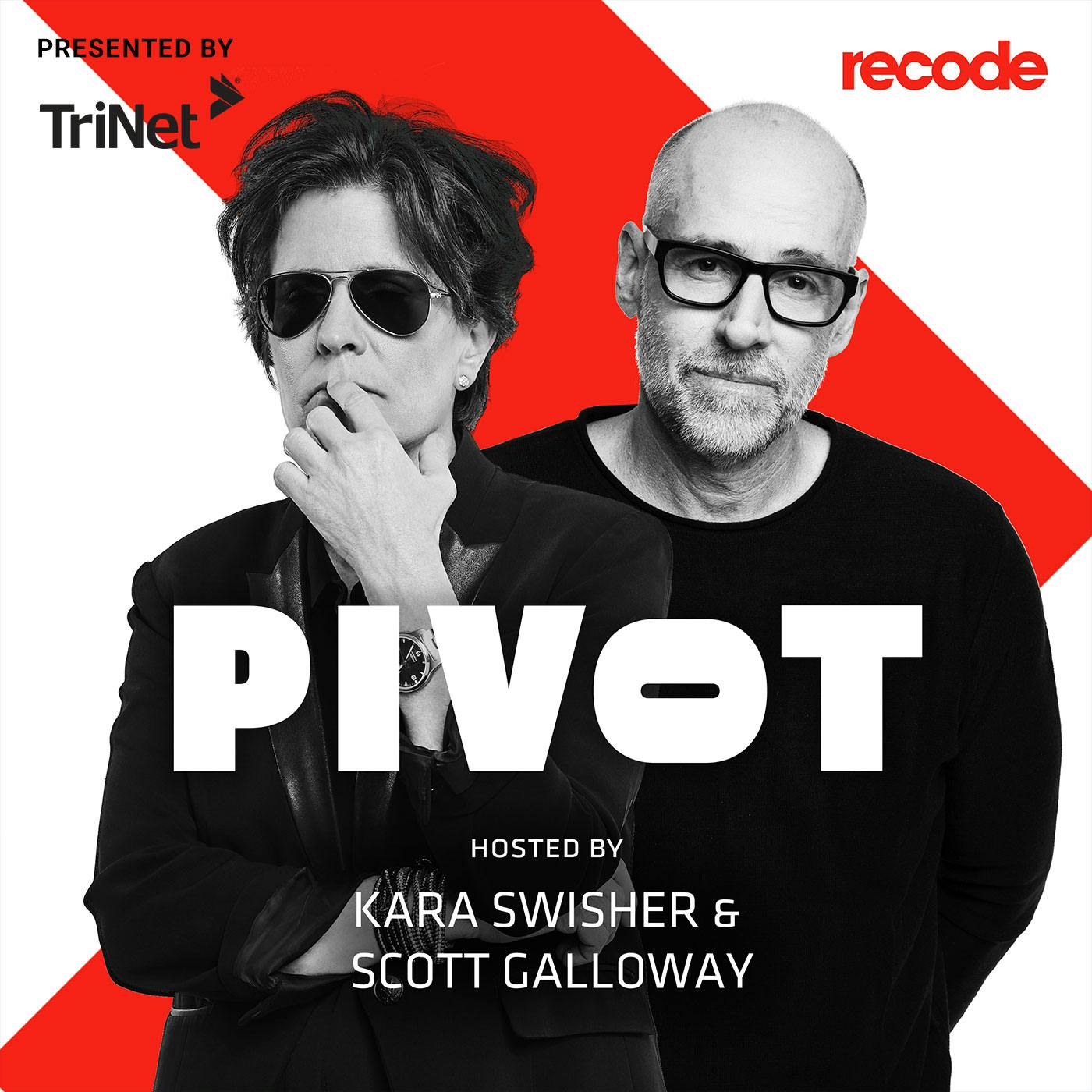Uber's IPO and, more importantly, Game of Thrones
Kara and Scott talk about Disney breaking into the content streaming business, the Uber IPO and, yes, Game of Thrones. Facebook actually gets a win this week for bringing on their first African American woman as a board member (but will she hold Zuckerberg to account?). YouTube very failed at getting accurate information on the burning of the Notre Dame cathedral. Prediction: the unicorn-class is the big loser of this year...
Learn more about your ad choices. Visit podcastchoices.com/adchoices
Learn more about your ad choices. Visit podcastchoices.com/adchoices
Press play and read along
Transcript
Transcript is processing—check back soon.
Pivot — Uber's IPO and, more importantly, Game of Thrones

